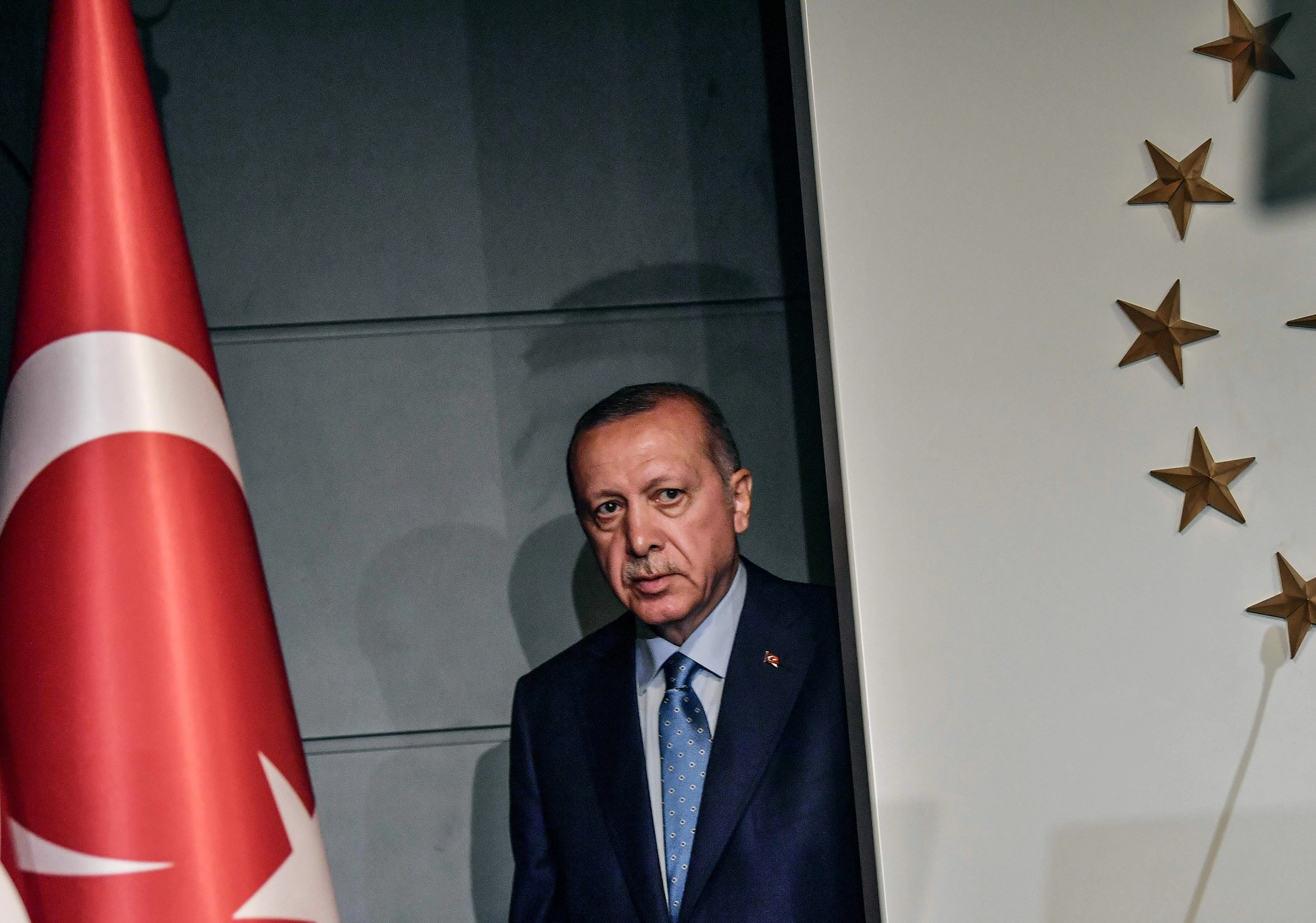By CHRISTINA ASQUITH
NOV. 4, 2014

ISTANBUL — ASIDE from a few thousand American service personnel at the military bases in Izmir and Incirlik, there are no votes in the midterm elections from Turkey. But standing at the edge of the Bosporus, with Russian tankers steaming past his fishing lines, Nazim Yanikdag expressed frustration with President Obama’s policies in the Middle East.
“First when he came to power, I had positive feelings about Obama,” said Mr. Yanikdag, a retired shipbuilder, as he took a drag from his cigarette. His friends nodded their heads, their sun-creased hands wrapped around steaming glasses of chai tea.
“I worry about ISIS, and now the pesh merga, and the situation in Iraq and Syria is also very unstable,” said Ahmet Yasaroglu, 57, a retired hotel bellman, who was also fishing on the Bosporus.
“We don’t want the U.S. to intervene. But of course, even a child knows that this whole region is governed by the U.S. and the U.K. It’s nothing personal with Obama.”
Taking Note
Follow the editorial board’s commentary about the midterm elections, and the issues at stake, throughout the day.
“Turks were frustrated with how Bush was too active in their neighborhood, but as time passes, they are frustrated because Obama is not active enough,” said Ozgur Unluhisarcikli, Ankara director of the German Marshall Fund of the United States. “It’s a dilemma.” And one that ironically echoes the criticism the president has faced from Republicans at home about a lack of direction and leadership in American foreign policy.
In recent years, more than a million refugees have streamed across the Syrian border into Turkey, and many suspect Istanbul has become a hub for foreign jihadists en route to join the Islamic State. Traditionally strong relations between Turkey and the United States have become strained in recent months over Turkey’s perceived deafness to calls for it to permit Kurdish fighters to go to the aid of the Syrian town of Kobani, which has been besieged by Islamic State fighters. In turn, Turkey has expressed frustration over Washington’s move to airdrop supplies and weapons to the pesh merga, whom it suspects of having links to Kurdish separatists in Turkey.
Furthermore, Turkey’s president, Recep Tayyip Erdogan, is moving away from secularism and embracing conservative political Islam. This won’t sit well with a Republican-controlled Congress, some say, which would strongly support Israel and expect Turkey to take stronger action against Islamists.
“The Republicans and the neocons don’t want Islamists in charge, and Turkey’s foreign policy is more and more Islamist and one-sided,” said Huseyin Bagci, head of the international affairs department at the Middle East Technical University in Ankara. “This is Erdogan’s doing, and it’s not popular in the West. Europe, Russia and the U.S. are all deciding now that it’s better to have dictators than elected Islamists.”
Many Turks are looking to the mid-November visit by America’s vice president, Joseph R. Biden Jr., who will meet with Mr. Erdogan, Prime Minister Ahmet Davutoglu and other Turkish officials. Mr. Erdogan has also expressed hope that Mr. Obama’s policies on the Islamic State will become “clearer” after the midterm elections.
Recent Comments
A43 minutes ago
Ms Pilot “Although we don’t look favorably towards Barack Obama, we definitely don’t want to study in a country in which Paul Ryan is in…
That may do little to assuage a Turkish public suspicious of a broader Western agenda that transcends America’s partisan domestic politics. Sitting around a table littered with packs of cigarettes and paper coffee cups, a group of political science students at Bogazici University agreed that everything happening in the Middle East — including the rise of the Islamic State — is part of a plot engineered by America and Britain.
“Something smells fishy,” Ayse Polat, 22, a sociology student, pointing out that the United States doesn’t treat Mexican drug cartels the same way it treats the Islamic State, brutal and vicious as they are.
Yet, even as they criticized America, many students expressed the hope to study for a doctorate there one day — and they hope to do so under a Democratic administration.
“Although we don’t look favorably towards Barack Obama, we definitely don’t want to study in a country in which Paul Ryan is in charge,” said Ms. Polat, laughing. A major source of her news on American politics and foreign policy, she said, comes from American TV satire. “We are all fans of John Oliver. We love him.”
Christina Asquith, a freelance reporter in Istanbul, is the author of “Sisters in War: A Story of Love, Family, and Survival in the New Iraq.”

